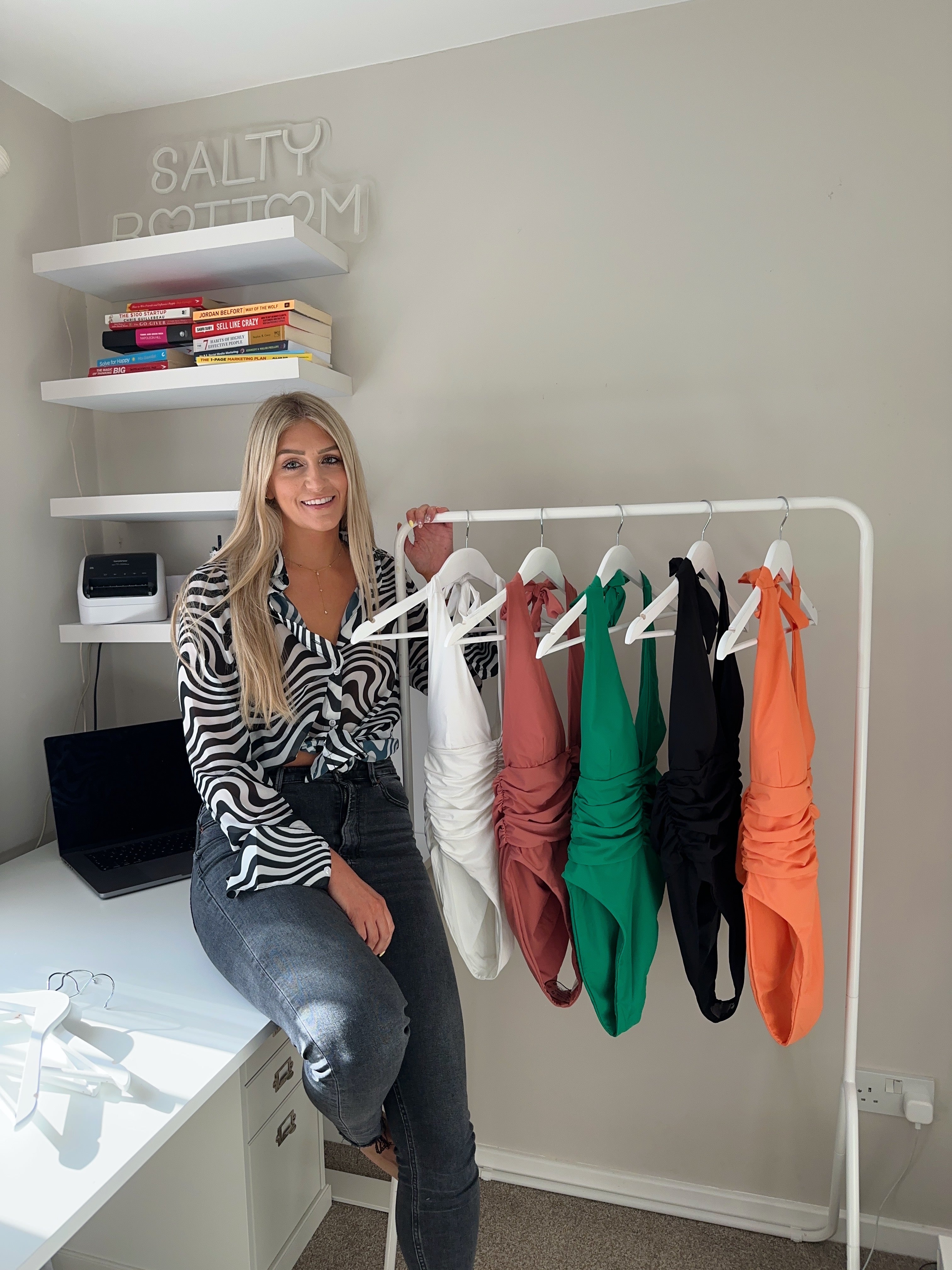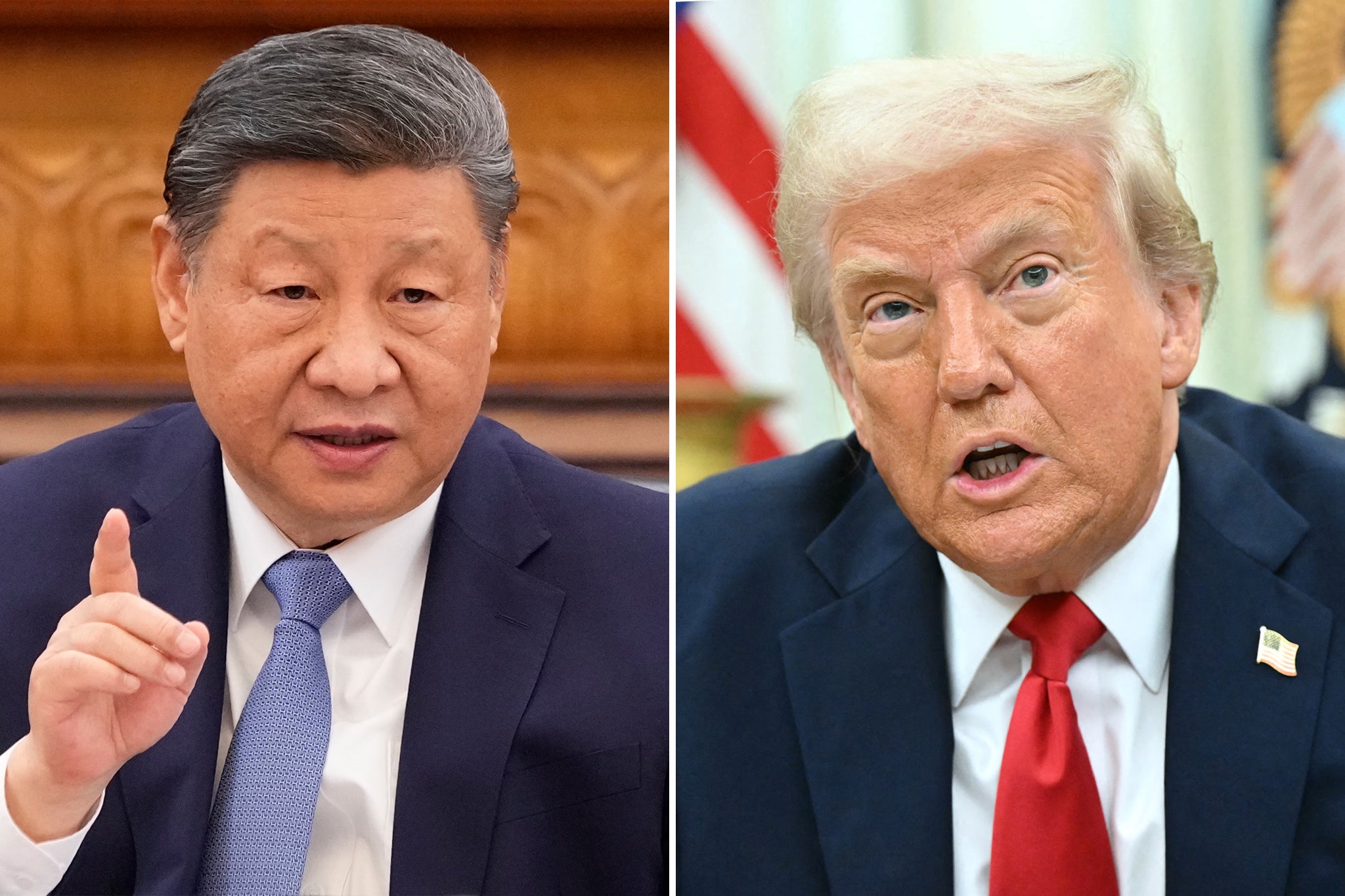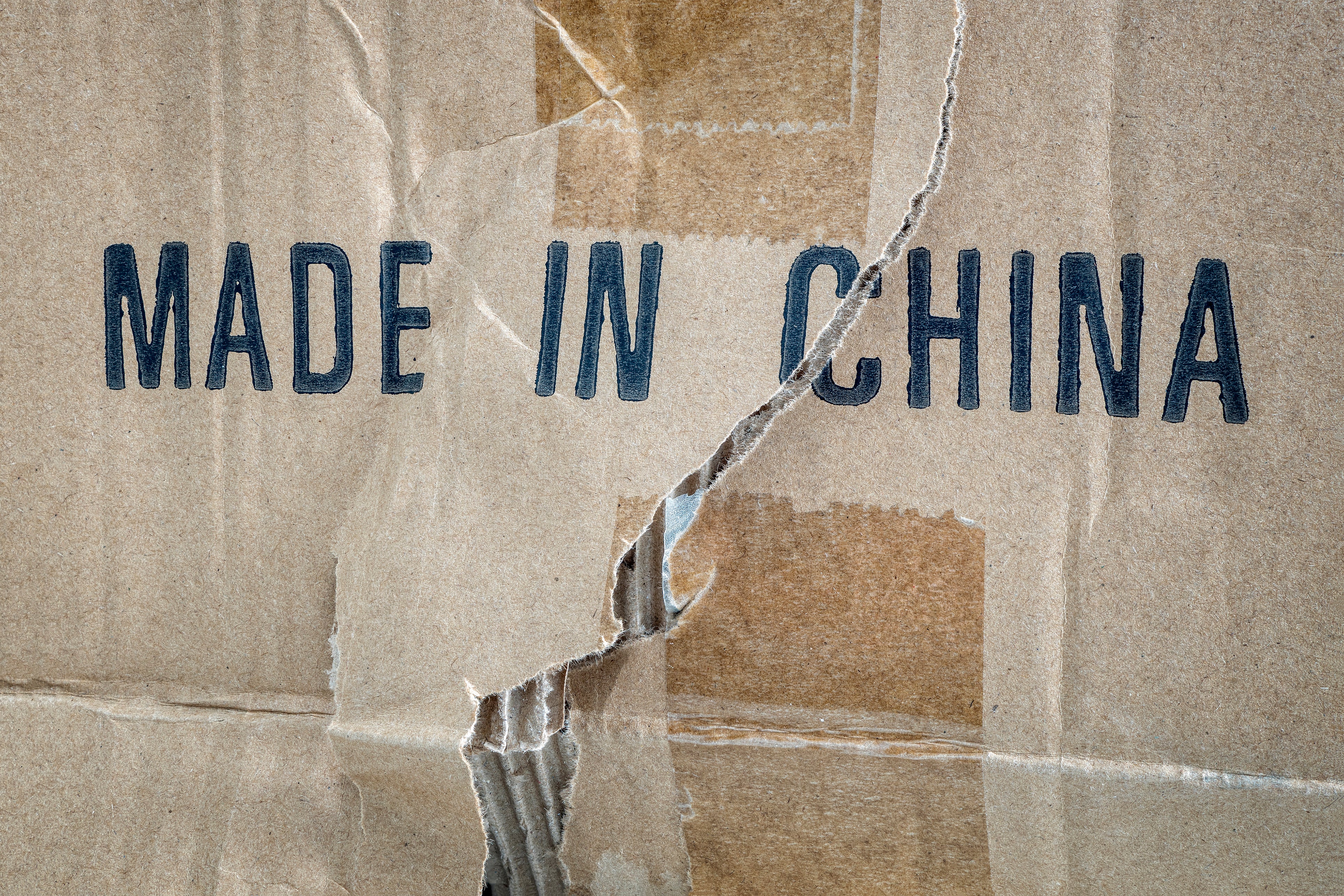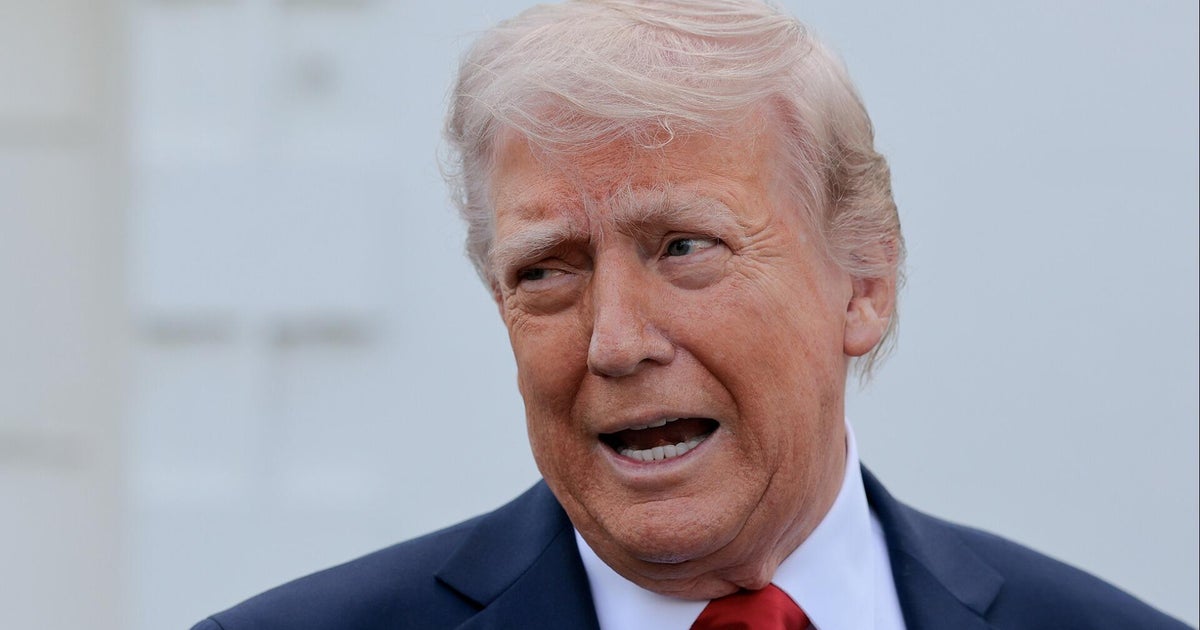As Donald Trump’s trade war continues to escalate, British businesses are choosing to stick with their Chinese manufacturers despite their profits being hit.
The US president has imposed a 145 per cent tariff on imports of Chinese goods since taking office, prompting China to vow to ‘fight to the end’ in a trade war that threatens to up-end global supply chains.
But despite the uncertainty and soaring costs, some UK business owners who work with manufacturers in China have decided not to jump ship.
Jess Staron, 33, has worked with the same manufacturer since she opened her swimwear brand, Salty Bottom, in 2020.
She says despite costs going up and a planned expansion to the US being potentially thwarted by the measures, she has no plans on abandoning her partners in China.

The former accountant said the quality of goods she receives from her manufacturer – as well as their close and trusted relationship – meant she would rather risk the added costs than move production elsewhere.
“I find that the manufacturers are just more technologically advanced in China,” she told The Independent, adding she struggled to find another supplier who could print her hand drawn designs onto fabric.
“I’ve asked factories in Portugal or the UK if they could do the same, but they can’t do that service or they’d have to get the fabric in from China anyway.
“We spent years perfecting the size and fit of our swimwear with these manufacturers. If I were to go elsewhere it would be a massive upheaval.”
The new tariffs have already impacted her business, as suppliers in China are forced to increase prices amid uncertainty.
“I just had a shipment ordered [this week] and it was almost double what I usually pay,” she said.
“We were looking at expanding to the US, which is our second most popular market. But now that might have to be paused because, even though our product will be coming through the UK, it’s still counted as an import from China.”

Her recent visit to her manufacturer in China also impacted her decision to remain with them, after her supplier helped her through a medical emergency by translating information and remaining by her hospital bedside.
“That is something you can’t overlook,” she said.
What are the pros and cons of businesses sticking with Chinese suppliers?
The Independent’s Business and Money Editor Karl Matchett answers:
Businesses sticking with suppliers in the face of tariffs makes sense to an extent, naturally dependent on the type of operations being spoken about.
On the one hand you already have trust established which might make renegotiating terms more possible, you know the timeframes to deal with in terms of future orders and, naturally, it can be more cost-effective than sourcing products from other regions.

But the flipside to that is the reliance on a single source of key products. It doesn’t have to be tariff-related either; we’ve seen over the last few years that having solid supply chain options in place is key to surviving as much as thriving – canals and shipping blockages, geopolitical issues and Covid have all impacted significantly.
If a business is reliant on key parts or products arriving from a single place, it can be very harmful, very quickly if it goes wrong.
Businesses should keep in mind it doesn’t always need to be their choice either – if tariffs do mean that shipping becomes cheaper or more viable to a different nation, they could find delays placed on their own orders as their suppliers look to maintain their own margins.
Having solid supply lines is always crucial, whether your business exports or not.
‘I wouldn’t consider working anywhere else at all’
British business owner Millie Modelli, 30, has decided to pause her sales in the US – which accounts for 20 per cent of her market – rather than switch suppliers after the tariff announcements.
She started her clothing brand, Millie Modelli, in 2014 and began manufacturing in China seven years ago.
“I wouldn’t consider working anywhere else at all – even if these tariffs are here to stay I’m not going outside of China,” she said.

“They are so much more advanced. You can manufacture anywhere, but even in London the technology is not even a brush on what’s available in China.
“It has the biggest fabric market in the world, there is so much on offer there – everything is at your fingertips and anything is possible.”
Ms Modelli also runs a second business, GI Sourcing Co, which helps other brands find reputable manufacturers in China.
She is currently in Guangzhou, China, to meet with some suppliers – and said some are finding the uncertainty “sad and stressful”.
“They are willing to do as much as they can for their clients,” she said. “The trust you have to have as a clothing brand in your factory is unparalleled. You literally put your whole business on their shoulders.
“The journey you go on when you produce your clothing from scratch is so long and it is so involved from both parties, that its not something you’re going to switch up in a hurry.
“It takes time and trust. Personally, I don’t know anyone in my industry that is willing to switch factories like that – it would be desperation.”


